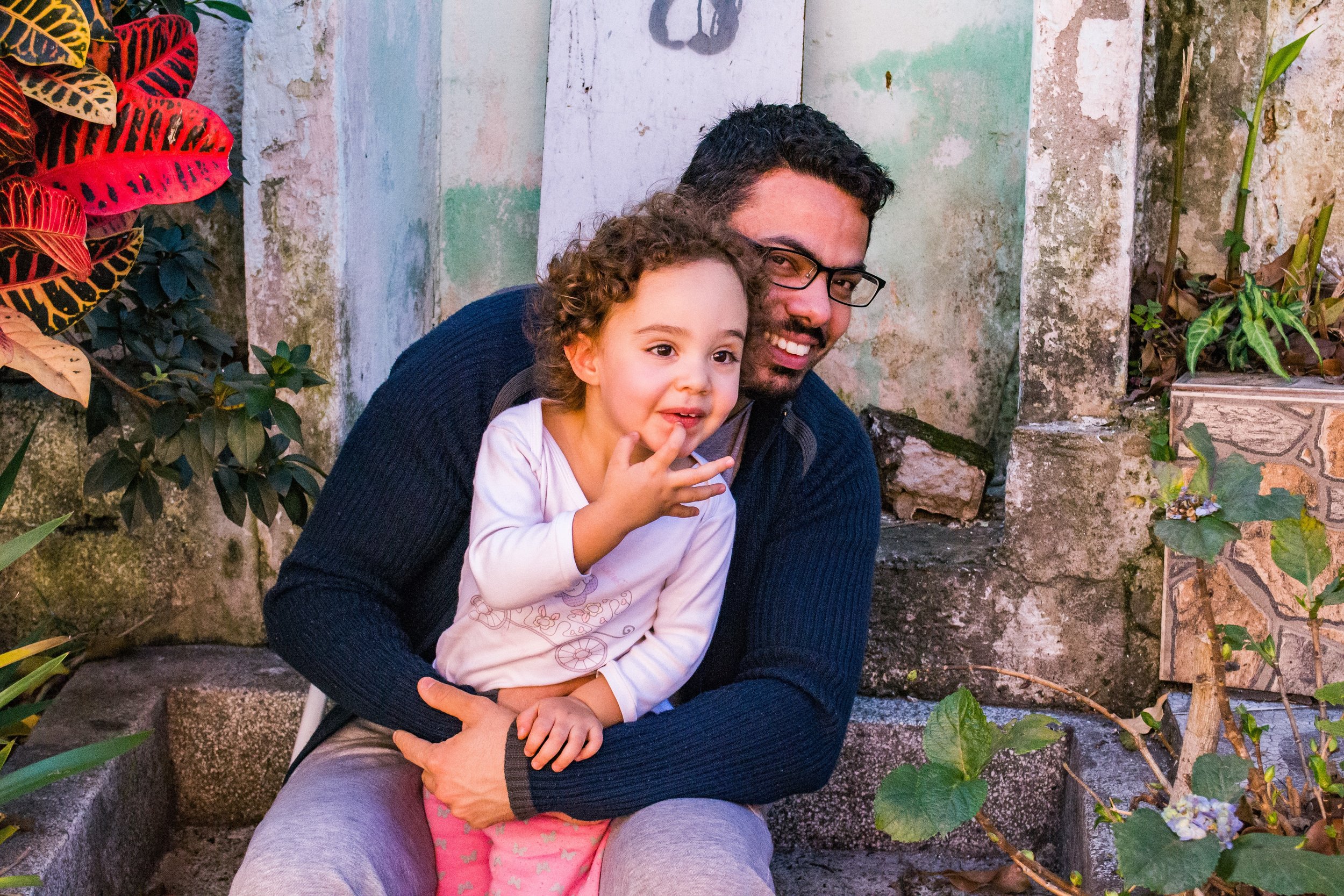Understanding Legal and Physical Custody in Massachusetts: Navigating the Parental Rights Journey
Navigating the complexities of child custody can be a daunting task, especially when facing the emotional challenges of a divorce or separation. In Massachusetts, understanding the distinction between legal and physical custody is crucial for parents seeking to protect their rights and make informed decisions. In this blog, we'll delve into the difference between legal and physical custody, shedding light on the roles and responsibilities associated with each, and empowering parents to navigate the custody journey with confidence.
1. Legal Custody: Decision-Making Authority
Legal custody refers to the right and responsibility to make important decisions regarding a child's upbringing and well-being. It involves the ability to make choices related to education, healthcare, religious upbringing, and general welfare. In Massachusetts, legal custody can be awarded solely to one parent (sole legal custody) or jointly to both parents (joint legal custody).
2. Joint Legal Custody: Shared Decision-Making
When parents are granted joint legal custody, they are expected to collaborate and make decisions together regarding their child's upbringing. This arrangement emphasizes the importance of effective communication and cooperation between parents, ensuring that decisions align with the child's best interests. Joint legal custody allows both parents to contribute to major decisions, fostering a sense of shared responsibility and involvement.
3. Sole Legal Custody: Decision-Making by One Parent
In some cases, sole legal custody may be granted to one parent if circumstances warrant it. Sole legal custody provides one parent with the authority to make decisions regarding the child's well-being independently. This arrangement is typically reserved for situations where it's deemed in the child's best interests or when there are concerns about one parent's ability to effectively participate in decision-making.
4. Physical Custody: Where the Child Resides
Physical custody refers to where the child primarily resides and spends their time. It encompasses the day-to-day care, routine, and physical presence of the child. In Massachusetts, physical custody can be awarded solely to one parent (sole physical custody) or shared between both parents (shared physical custody).
5. Sole Physical Custody: Primary Residence with One Parent
When one parent is awarded sole physical custody, the child primarily resides with that parent. The other parent typically has visitation rights or scheduled parenting time, allowing for ongoing contact and involvement in the child's life. Sole physical custody is granted based on what is deemed in the child's best interests, considering factors such as stability, parenting ability, and the child's relationship with each parent.
6. Shared Physical Custody: Co-Parenting Arrangement
Shared physical custody, also known as joint physical custody or shared parenting, involves both parents having significant and meaningful time with the child. It aims to provide the child with a consistent and ongoing relationship with both parents, fostering shared responsibility and involvement in their upbringing. Shared physical custody requires effective communication, cooperation, and a commitment to creating a co-parenting plan that meets the child's needs.
7. Determining Custody Arrangements in Massachusetts:
When determining custody arrangements in Massachusetts, the court considers various factors, prioritizing the best interests of the child. These factors include the child's age, the parents' ability to meet the child's needs, the child's relationship with each parent, stability, and any history of abuse or neglect. The court encourages parents to work together to develop a parenting plan that addresses legal and physical custody, visitation schedules, and other relevant matters. Mediation and alternative dispute resolution methods are often utilized to reach mutually agreeable solutions.
Conclusion:
Understanding the difference between legal and physical custody is vital for parents navigating the custody process in Massachusetts. While legal custody pertains to decision-making authority, physical custody refers to where the child resides. Whether pursuing joint or sole custody, the best interests of the child are at the forefront of custody determinations. By seeking legal guidance, prioritizing effective communication, and focusing on the child's well-being, parents can navigate the custody journey with clarity, ensuring a positive and stable environment for their children. Remember, each custody arrangement is unique, and working towards the child's best interests is key to a successful parenting journey.

